When the new Lincoln Nautilus goes on sale this spring it will mark a significant development for parent Ford Motor Co., the first time it imports a vehicle to the U.S. from China. The move will help keep the U.S. automaker’s factories there running as demand for its products has tumbled sharply in the Asian nation. But Ford is not alone. Detroit automakers – along with other foreign brands – have seen their Chinese market share plunge as consumers by the millions shift to domestic competitors. Could the Chinese now turn the tables on the U.S. at home?
Late last month President Joe Biden ordered an investigation into the national security risks posed by Chinese-made vehicles – more specifically the information that could be gathered by their “smart” onboard technologies. Like it or not, Chinese auto imports seem likely to accelerate over the coming years, much as has happened in Europe where brands like BYD have quickly captured a sizable share of the market.
But that’s not the only threat the Chinese pose to U.S. automakers. Not all that long ago, foreign brands dominated China’s car market. But suddenly, “Sales have collapsed,” said Michael Dunne, founder and lead analyst at Dunne Insights, an automotive consulting firm focused on the Asian region.
What’s worse is that “profits are heading towards zero.” That’s particularly bad news considering that, until recently, the Chinese market was among the biggest sources of revenue for General Motors and Ford, in particular.
A bad omen
It’s been a quarter century since GM opened its first assembly plant in China, a joint venture with domestic automaker SAIC producing Buick products in Shanghai. Today, the Detroit automaker has plants operating in numerous cities across the country.
It was quickly followed by an assortment of manufacturers from the U.S., Europe and other parts of Asia. And they overwhelmingly dominated the Chinese sales charts as the country became the world’s largest automotive market.
At one point, GM made “more money than God” in China, said Dunne, quoting a senior company executive.
But the good years wouldn’t last. Over the last decade, a handful of Chinese domestic brands – some with direct ties to Beijing, as well as regional governments – began gaining traction as they upgraded their own product offerings. Detroit automakers, in particular, began losing momentum. And then, in October 2022, Jeep’s Chinese joint venture was forced to file bankruptcy.
How low can they go?
GM, Ford and Jeep have now suffered six consecutive years of declining sales, said Dunne, noting that “In 2023, the Detroit Three sold 3 million fewer cars in China than they did in 2017: 2.3 million vs 5.4 million.”
Only a few years ago, China served as the largest market for Ford’s Lincoln brand. It has now fallen behind the U.S. market,
“China is a really important market,” Dianne Craig, the Lincoln CEO, said during an interview with Headlight.News. “and it’s a really important business, still, for (Ford) and Lincoln.”
But the fact that Ford’s Chinese assembly plants have been running at barely a quarter of their rated capacity was a key reason why the Detroit automaker decided to shift production of the new Nautilus to China.
More Chinese Auto News
- Pres. Biden Orders Probe of Nation Security Threats from Chinese Smart-Cars
- Shell Opens World’s Largest EV Charging Station in China
- Tesla Sets Sales Record – But BYD Closes the Gap
What went wrong?
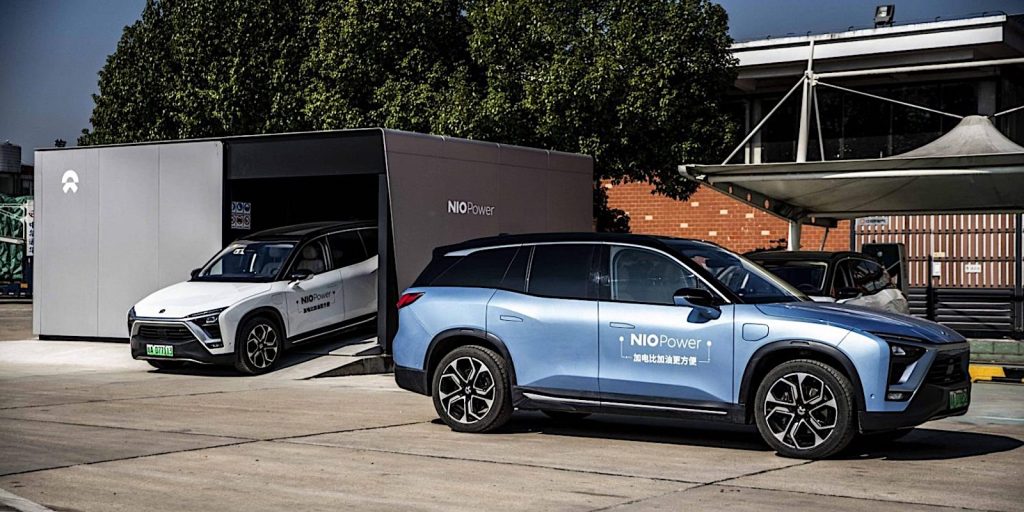
Chinese automaker Nio has gained ground by offering the ability to quickly swap batteries on its EVs.
Blame “complacency,” said Dunne. Detroit automakers, in particular, convinced themselves that the 200 or so domestic Chinese brands would never be able to gain momentum. And, for the most part, they were right. Scores of them have gone out of business – in many cases, under pressure from Beijing. But a select few have broken out. BYD, Geely, Great Wall and a handful of others have rapidly climbed the sales charts.
In more than a few instances, China watchers have suggested, they’ve been given a boost by the government. But they also were quick to seize upon emerging trends, such as the New Energy Vehicle program the federal government enacted in a bid to address China’s endemic smog problems.
Foreign brands were slow to embrace electrification and are now playing catch-up, even as plug-based vehicles – including PHEVs and all-electric BEVs – have captured a full 35% share of the Chinese market. Since just the beginning of 2021 vehicles powered by gasoline alone have lost 30 points of market share.
Tesla makes its move
Tesla is the American outlier. It opened its Gigafactory in Shanghai in 2019 and has ridden the NEV wave in China.
But even that U.S. manufacturer is struggling. While Tesla finished 2023 once again as the world’s largest EV manufacturer the victory was darkened by the fact that BYD outsold it during the fourth quarter. And that’s without having the benefit of competing in Tesla’s home market, the United States.
Now, it’s China’s turn
That may not be the case for long. BYD has had offices in Los Angeles for the better part of a decade and is strongly signaling plans to finally launch U.S. sales. Experts warn that its generally low-cost products could help it carve out a niche here at a time when the typical American EV is priced around $60,000, according to Cox Automotive data.
“The Detroit 3 still possess vast resources, technology, ingenuity and smart people. But they better start hustling, taking risks, inventing and working harder than their Chinese competitors,” said Dunne. “If not, they could face extinction – this time on their home turf.”

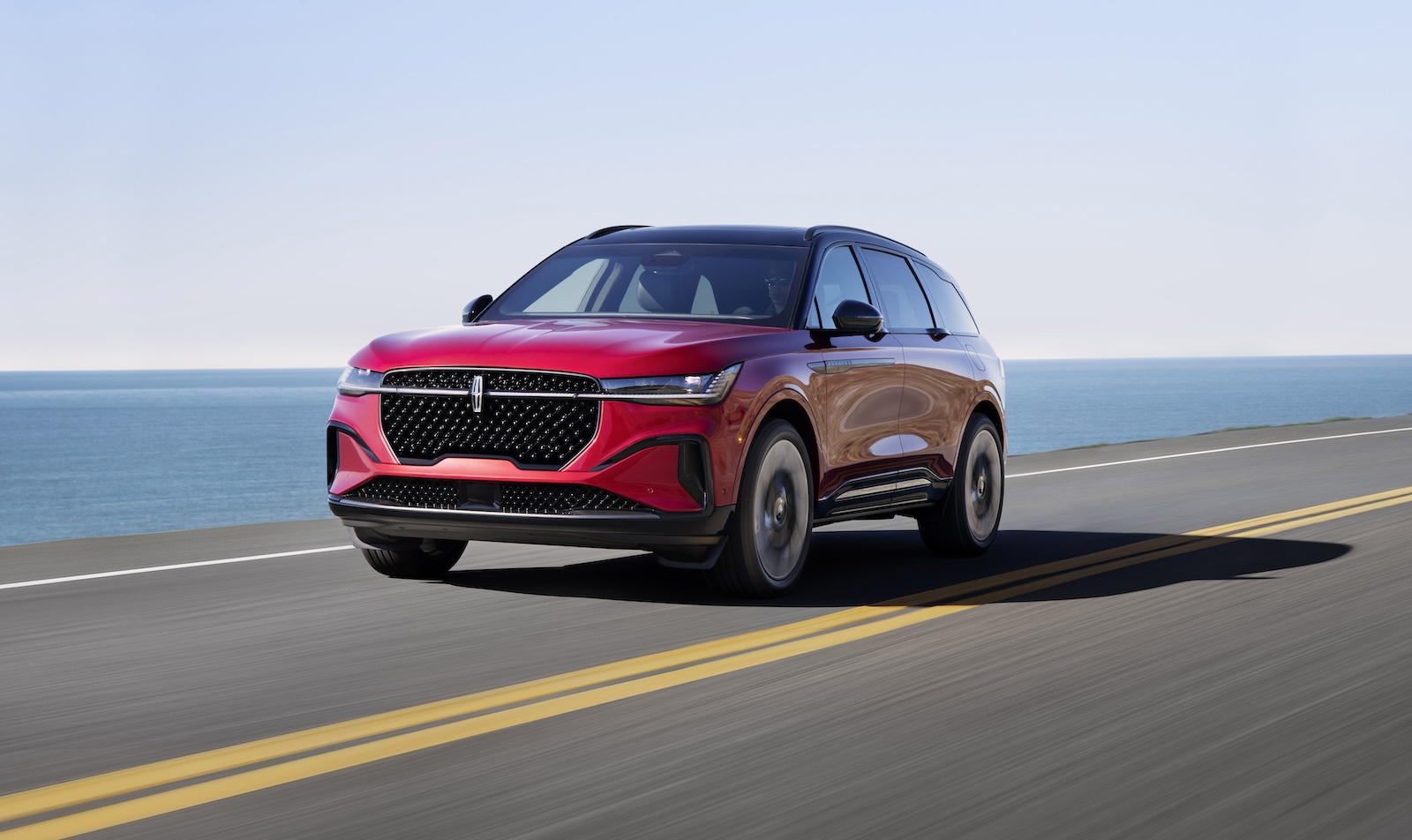
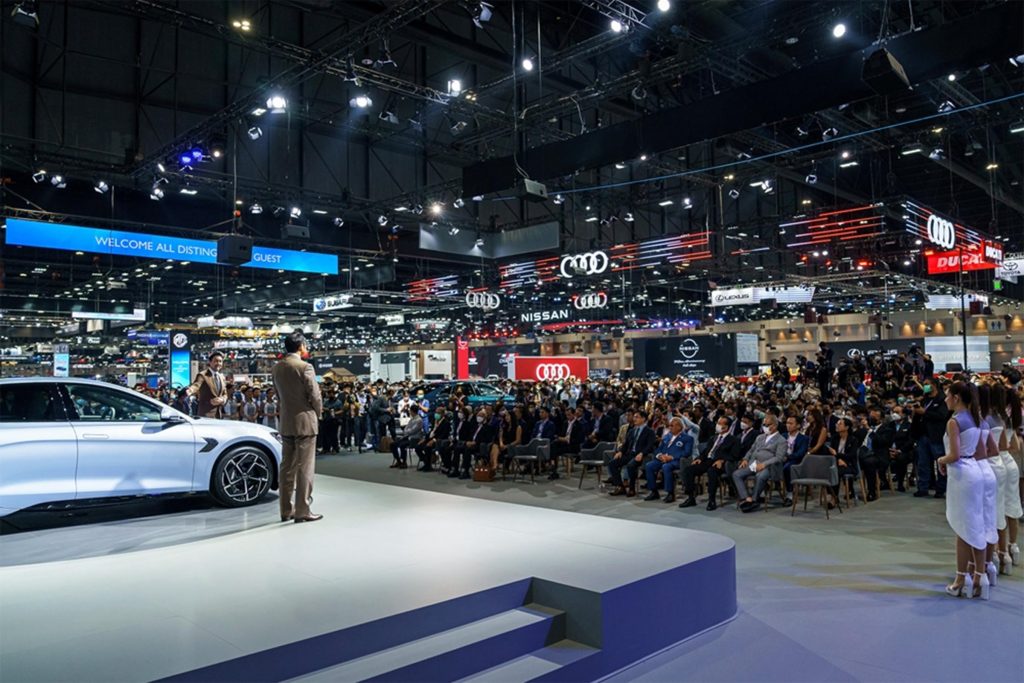
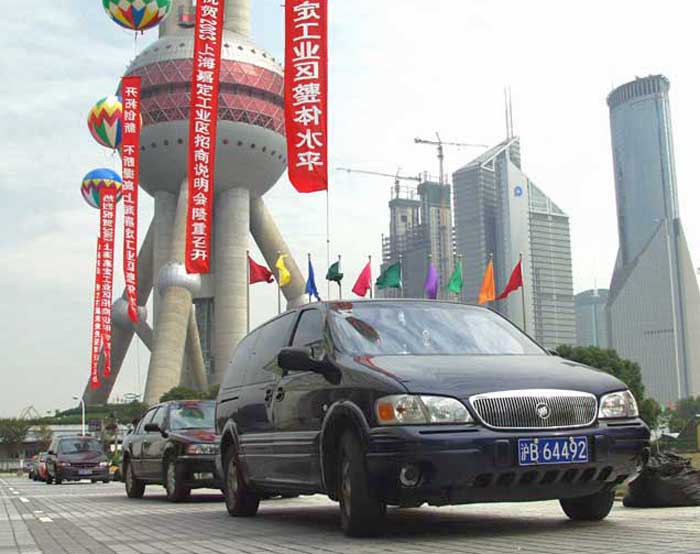
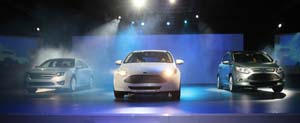
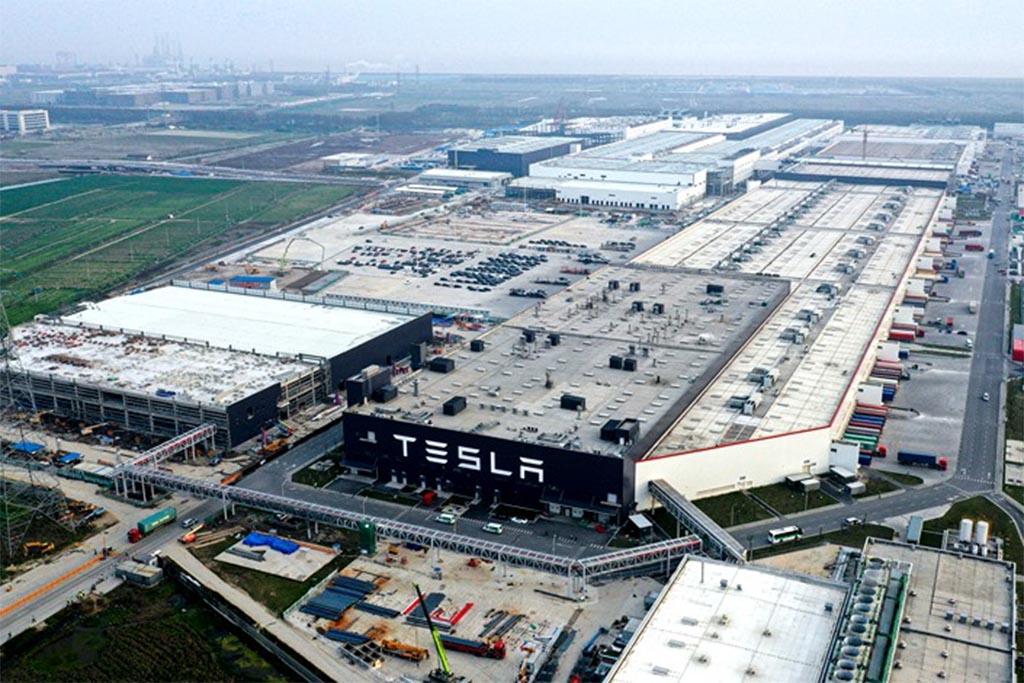
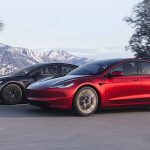
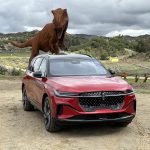




0 Comments